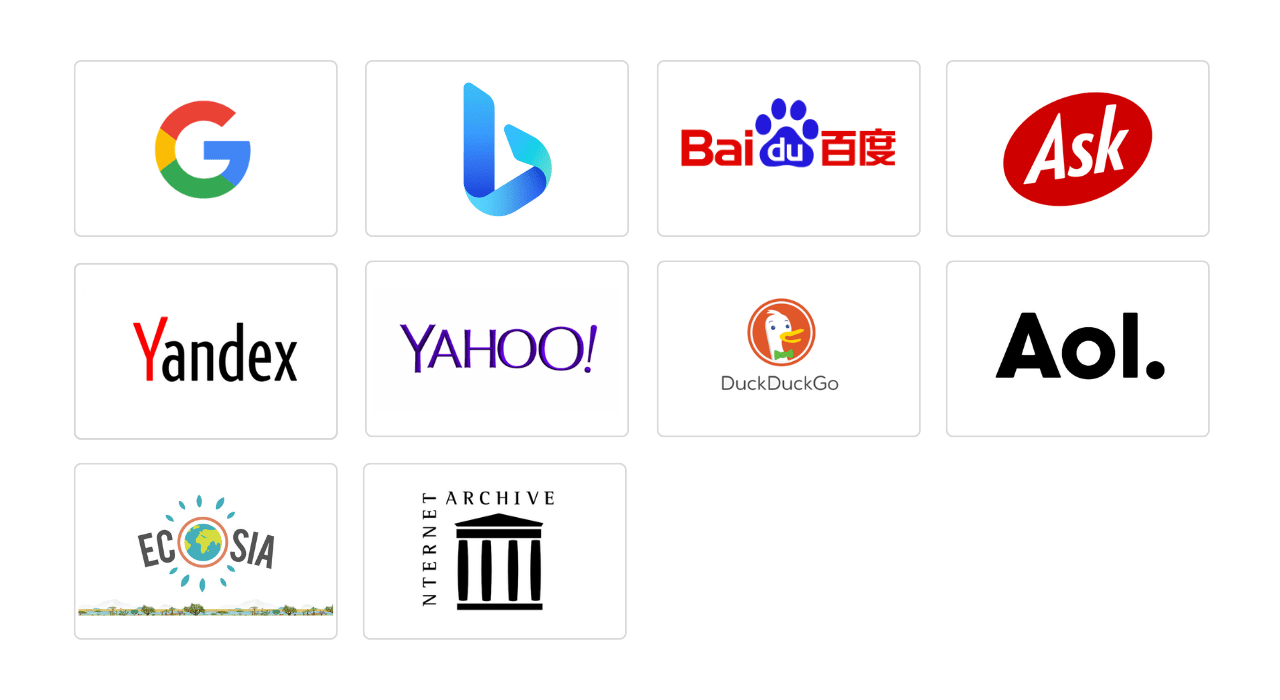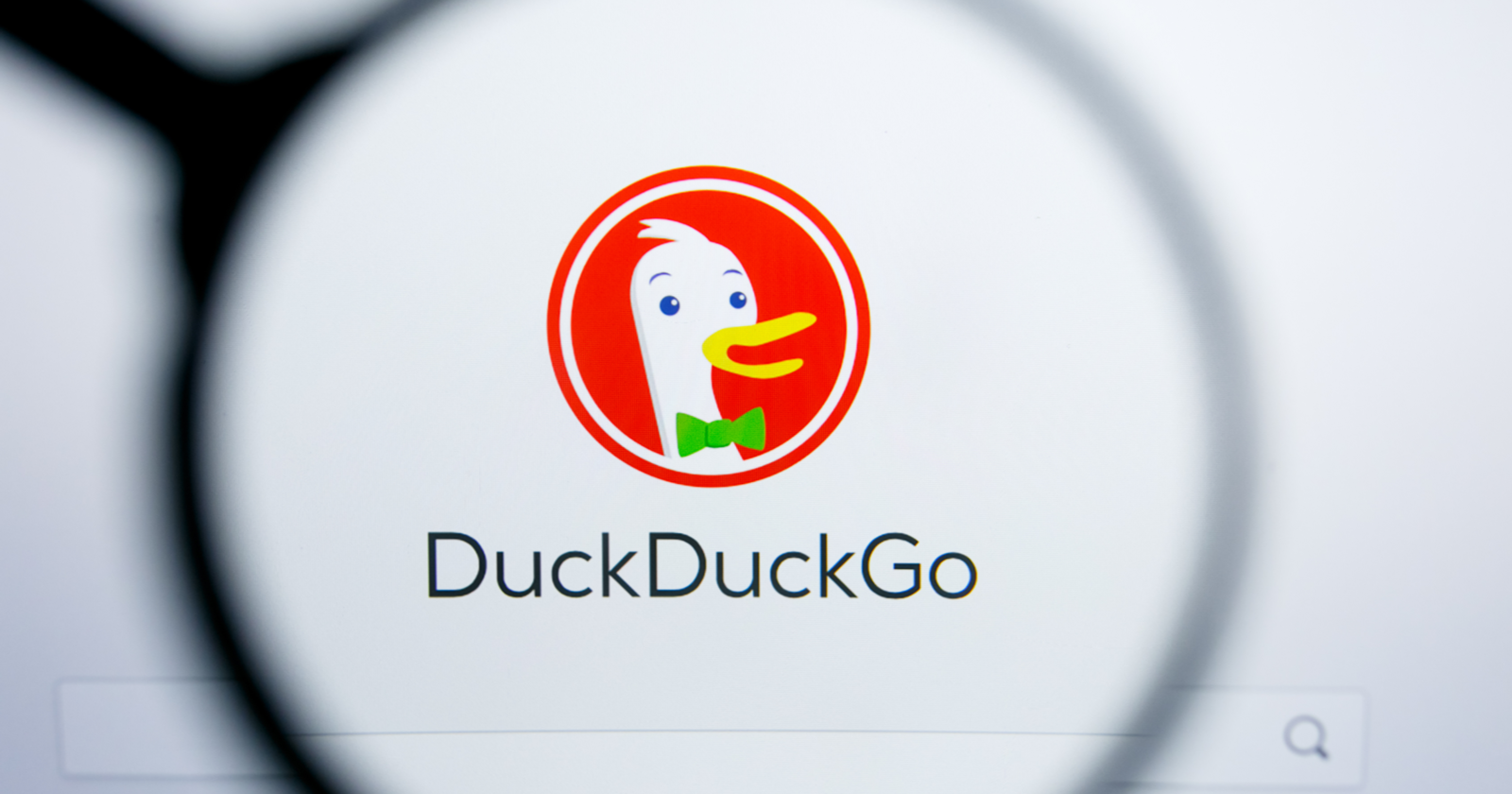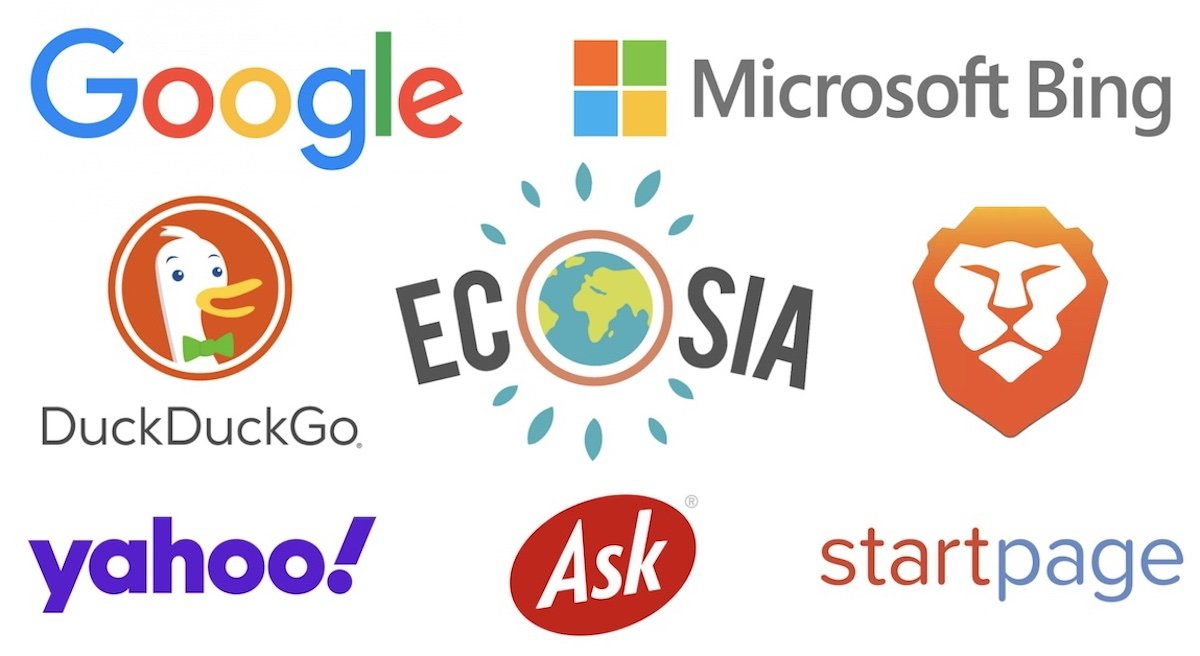The Top 11 Search Engines, Ranked by Popularity
Table of Contents
Navigate the vast internet with these top search engines!
This informative guide is the key to finding the perfect search engine for your needs.
Introduction

Imagine the internet as a giant library filled with endless bookshelves. Search engines are your trusty librarians, helping you navigate this vast space and find the information you seek.
Search engines are tools that help you find websites and information on the internet. They work by:
- Crawling: Special programs, called crawlers, visit websites and follow links to discover new pages.
- Indexing: The crawlers store information about these pages in a giant index, like a library card catalogue.
- Ranking: When you enter a search query, the engine uses complex algorithms to rank the most relevant websites for you.
Top Search Engines

- Bing
- Yahoo!
- Yandex
- DuckDuckGo
- Baidu
- Ask.com
- Naver
- Ecosia
- AOL
1. Google (1998)

Founded in 1998 by Larry Page and Sergey Brin while they were PhD students at Stanford University. Developed a search algorithm called PageRank that revolutionized the way people search for information online.
Quickly became the most popular search engine in the world.
Now offers a wide range of products and services, including Gmail, Maps, YouTube, and Android.
Google is a major force in the Internet world, and its innovations have had a profound impact on the way we live and work.
2. Bing (2009)

Bing was launched in 2009 by Microsoft as a new search engine and “decision engine.” It aimed to differentiate itself from Google by providing more information on search result pages and helping users make better decisions about which links to follow.
Here are some key features of Bing in 2009:
- Search results: Bing displayed more information on search result pages than was typical at the time, including things like related searches, images, and videos.
- Decision engine: Bing aims to help users make better decisions by providing additional context and information about search results. For example, if you search for “restaurants near me,” Bing might show you reviews, menus, and photos of the restaurants in addition to their addresses.
- Image search: Bing had a strong focus on image search, and it was one of the first search engines to offer features like image filtering and face recognition.
3. Yahoo! (1994)

In 1994, Yahoo! was a young tech startup making waves in the nascent world of the internet. Back then, it wasn’t the search engine or email provider we know today, but something quite different: a web directory.
Think of it like a giant, organized index card system for the web. Instead of searching for keywords, you would browse through categories and subcategories, clicking on links that piqued your interest. It was a curated experience, like having a friendly librarian guide you through the Wild West of the early web.
4. Yandex (1997)

Yandex launched in Russia, becoming the first major search engine built for the Russian language and Cyrillic alphabet.
Understanding morphology and context, is crucial for accurate Russian searches. Indexed the entire small Russian internet of the time (around 5,000 websites).
Made the internet more accessible to Russian speakers.
Paved the way for other Cyrillic-based search engines.
Became a major player in the Russian internet landscape.
Today: Yandex offers a variety of internet products and services beyond search.
5. DuckDuckGo (2008)

DuckDuckGo, launched in 2008, is a search engine that emphasizes user privacy. Unlike some other search engines, it doesn’t track your searches or share your information with advertisers. It also aims to provide unbiased results by not personalizing them based on your search history. While it’s not as popular as some other options, DuckDuckGo appeals to users who value their online privacy.
6. Baidu (2000)

Baidu, founded in 2000, became a major search engine catering to the Chinese language and internet users. It offered unique features like:
- Search results: Tailored for Chinese characters and language structure.
- Input methods: Supported various ways to enter Chinese characters.
- Local focus: Included information relevant to China and its regions.
Today, Baidu remains a leading search engine in China and offers various other services like maps, news, and cloud storage.
7. Ask.com (1996)
Ask.com launched in 1996 as a question-and-answer community, where users could ask questions and get real-time responses from others. Early on, it stood out by:
- Focusing on questions, not keywords: Unlike search engines, Ask.com encouraged detailed explanations.
- Expert-driven answers: Some answers came from users designated as “Ask Jeeves Experts.”
- Community feel: Users could vote on helpful answers and earn points for participation.
Over time, Ask.com shifted focus to a traditional search engine format, though it retains its Q&A section.
8. Naver (1999)
Naver launched in 1999 in South Korea, quickly becoming a dominant search engine and internet portal. Here’s its 1999 snapshot:
- Search Star: Focused on the Korean language and culture, unlike dominant Western engines.
- Information Hub: Offered news, email, shopping, and more, all in Korean.
- Community Builder: Provided chatrooms, forums, and other ways for Koreans to connect online.
- Early Innovator: Pioneered features like real-time search and Q&A, shaping the Korean internet.
Today, Naver remains a major player in Korea, expanding to e-commerce, fintech, and beyond.
9. Ecosia (2009)

Launched in 2009, Ecosia is a search engine with a mission: planting trees worldwide. Here’s the scoop:
- Search & Plant: Every search with Ecosia contributes to planting trees in areas affected by deforestation.
- Transparent: They track planted trees and their impact on their website.
- Eco-Friendly: Powered by renewable energy and committed to sustainability.
- Alternative Choice: Offers a privacy-focused search experience, similar to popular options.
While not the biggest search engine, Ecosia appeals to users who want to make a positive environmental impact with their daily internet searches.
10. AOL (1985)

- Founded in 1985, AOL (America Online) was a major player in bringing the internet to the masses.
- It started as a closed online service offering email, chat rooms, news, and more.
- Users connected via dial-up modems, creating iconic screeching sounds.
- AOL was known for its user-friendly interface, making it accessible to beginners.
- It played a role in shaping the early online community and paved the way for today’s internet landscape.
Final Thoughts
Search engines help us navigate the vast amount of information on the internet. They use special programs to visit and index websites, then rank them based on relevance to your search. Popular options include Google, Bing, DuckDuckGo, and others. Each engine has unique features, so you can choose the one that best suits your needs.
For More Information Please Visit These Websites Craiyon And Arturia





